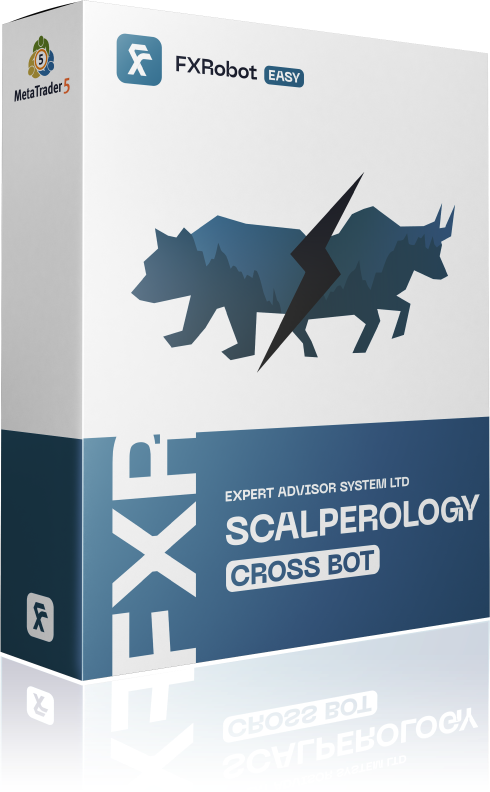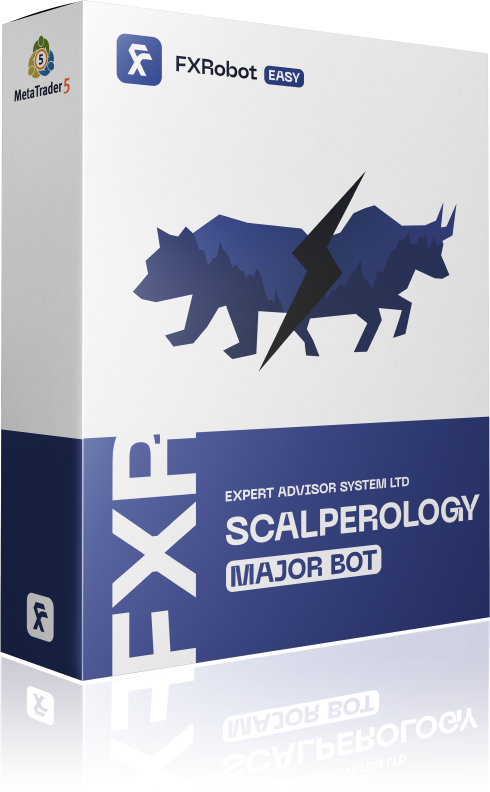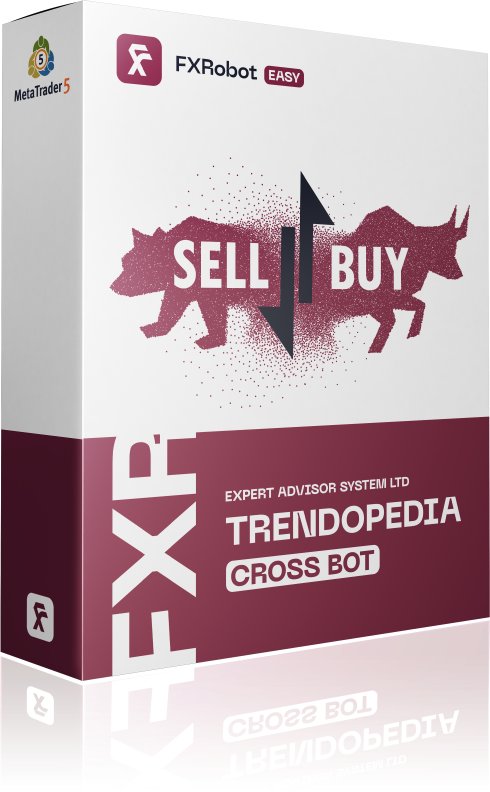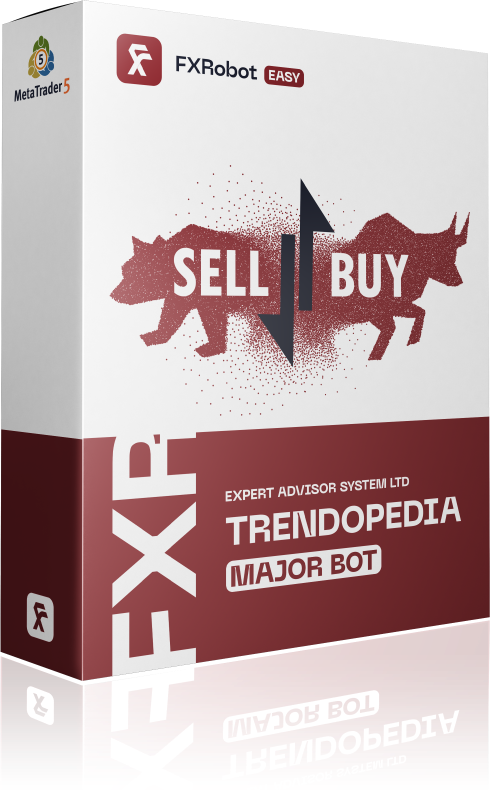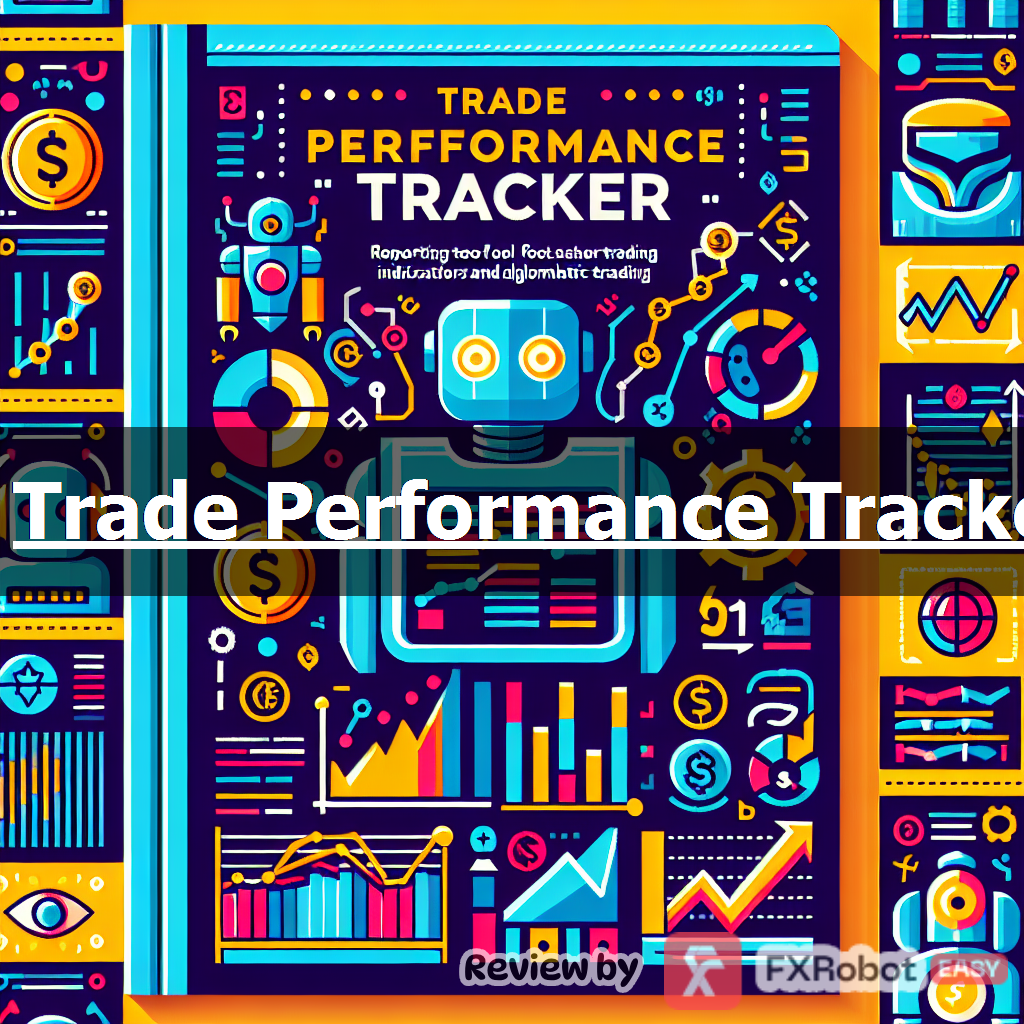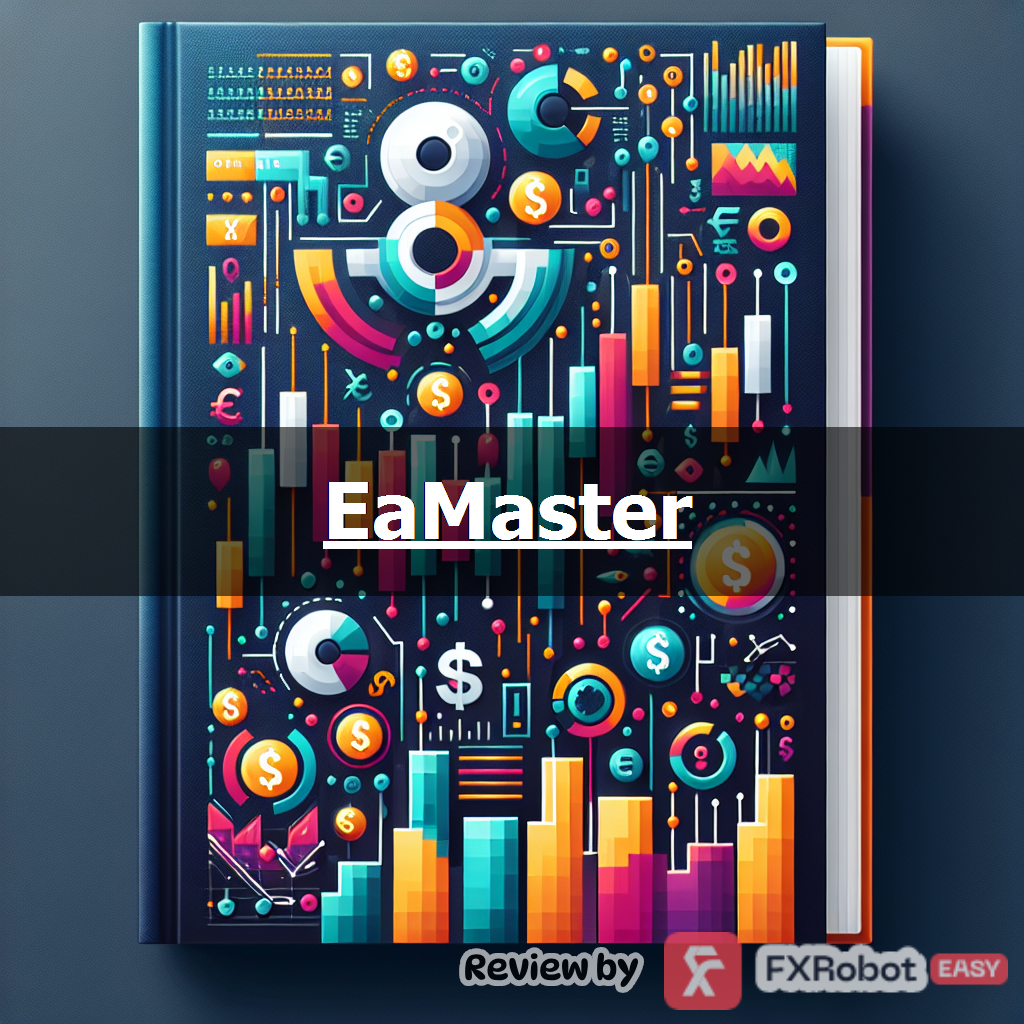At this time, purchasing EASY Bot items is not available to all members. Read more - how to get access to purchase
LockWood
Easy Rating: 0/0
MQL Rating: 0/0

Overview
Welcome to the world of Forex trading, where robots are not just the stuff of science fiction, but the core of your trading strategy! Today, we geek out over LockWood, the new kid on the block, touted as the magical solution to all your trading woes. But will it sweep you off your feet or drop you like a hot potato? Let’s dive in and find out!
Introduction to LockWood 🤖
In the world of automated trading, ‘LockWood’ emerges as a noteworthy contender, infused with the inventive spirit of its developer, Joni Fat. Unlike conventional trading robots that heavily rely on stop losses to manage risk, LockWood refines this approach by introducing a unique locking mechanism. This innovative feature essentially allows traders to avoid the pitfalls associated with market volatility while preserving the potential for profits. By employing this strategy, traders can confidently navigate the Forex landscape, knowing that every move is backed by a robust algorithm designed for optimal performance. 💹
One standout aspect of LockWood is its emphasis on emotional detachment from trading decisions. In a market notorious for stirring traders’ emotional responses, LockWood promises to turn the tables by utilizing data-driven insights. This aligns perfectly with the broader trend of automated trading systems, where speed, efficiency, and robust algorithms take center stage. By deploying a method that keeps trades alive without necessarily freezing them in time, LockWood allows its users to sail through turbulent market currents rather than being overwhelmed. It’s a refreshing twist on existing strategies that caters to the needs of both novice and seasoned traders alike. 🌊
In a market saturated with trading strategies, maintaining a dispassionate view of a system’s performance is critical. LockWood certainly introduces a compelling alternative with its innovative locking mechanism, which could redefine how traders engage with their trades. However, as with any trading system, the success of such innovations heavily relies on persistent monitoring and strategic application. As we proceed, let’s delve deeper into its unique functionalities and weigh its suitability against established contenders in the realm of automated trading. 🚀
Developer’s Insights: Joni Fat 🔍
Joni Fat, the mastermind behind LockWood, has carved a niche for himself in the trading robot arena with an impressive rating of 158. His approach centers on simplifying the trading process while empowering users with innovative features that recast traditional risk management. Fat’s philosophy dictates that emotional decision-making has no place in trading, a sentiment echoed throughout his designs. By placing algorithms at the forefront, he aims to create a frictionless experience for traders who might otherwise fall victim to the psychological pitfalls of market volatility. 🌟
However, while Fat’s vision is compelling, traders should tread cautiously and temper their expectations. The uniqueness of LockWood’s locking mechanism is indeed intriguing, but it doesn’t come without caveats. Success in trading is never guaranteed, and any automated solution is only as reliable as the market conditions it encounters. Without adequate testing and understanding, it’s easy for traders to fall into the trap of overestimating the capabilities of such systems. Ensure you’re fully informed, and don’t let the allure of lofty promises cloud your judgment! ⚠️
Core Functionality of LockWood ⚙️
The core functionality of LockWood pivots away from traditional stop-loss mechanisms. Instead, it employs a novel counter order feature that freezes the position whenever the market moves unfavorably. This approach minimizes losses by preventing the capital from continuing to diminish while allowing time for the main position to recover as market conditions improve. This innovation doesn’t just retain the potential for profit; it also opens a pathway for traders to manage their positions more strategically. By setting a predetermined locking line, traders can dictate when to initiate a lock, thus tailoring risk management to their specific trading strategies. 💡
This functionality is not merely a theoretical concept; it allows traders to hold numerous positions without the fear of excessive losses, as each trade can be individually secured by its own lock. The robot’s adaptability means that it can actively monitor market fluctuations and execute necessary adjustments, preserving the underlying strategy of the trader while providing additional safety nets. For traders accustomed to more conventional methods, this represents a significant paradigm shift in trading dynamics and risk management. Yet, it is crucial for users to remain vigilant and avoid the temptation of complacency, as market unpredictability can still impact their results, regardless of the technological safeguards in place. ⚙️
Performance Metrics and User Ratings 📈
LockWood’s performance metrics are a tapestry woven from several threads, including trade success rates, capital preservation, and overall user sentiment. Currently, the system sports a disheartening rating of 0, which naturally raises eyebrows. The lack of user reviews can often signal a red flag for potential users. However, while the activation numbers are minimal, it’s crucial to take a closer look at what this might imply for performance metrics. In a landscape where transparency is key, a dearth of data means that pure speculation fills the void, and traders should approach this with a discerning mindset. 📊
By delving into comparable automated trading systems, traders can glean benchmarks to assess LockWood critically. For example, successful systems often feature verified performance indicators such as win-rate percentages and return on investment figures. In this case, traders must gauge LockWood’s claims against those of similar products, evaluating metrics like risk management efficiency and execution speed. The absence of robust performance metrics paints an incomplete picture, making it imperative for potential users to conduct thorough research before committing—after all, no one wants to enter a game with a blindfold on! ⚖️
Comparison with Other Trading Systems ⚖️
When conducting a comparative analysis of LockWood against other established trading systems such as EASY Trendopedia and EASY Scalperology, notable distinctions come to the forefront. The EASY series, developed by experts in automated trading, consistently deliver reliable performance backed by solid user feedback and extensive reviews. For instance, EASY Trendopedia utilizes price action theory to capitalize on major support and resistance levels while employing traditional stop losses to secure profits. This methodological foundation has proven its efficacy across various market conditions, establishing a performance benchmark for other systems to aim for. In contrast, LockWood’s unique counter order strategy plays its hand differently, stepping away from stop-loss reliance and instead locking positions, which may appeal to those who want to navigate market volatility with a fresh perspective. 📉
While LockWood showcases a clever locking mechanism, it’s essential to scrutinize its long-term viability in comparison to systems like EscapePlan, which has gained traction for its sophisticated risk management features. The appeal of EscapePlan lies in its comprehensive approach to market analysis, seamlessly integrating trailing stops and automated trading strategies that are quantifiable through empirical performance data. This depth of functionality and assurance provided by supported metrics offers tangible advantages that potential LockWood users should consider. Thus, while LockWood may introduce an innovative model, it must demonstrate consistent results and adapt in real-time to provide transformations in a trader’s portfolio akin to results seen from its competition. Always ensure to balance innovation with established reliability in trading strategies. ⚖️
User Testimonials: Scrutinizing Feedback 👥
While concrete user testimonials for LockWood remain scarce, we can derive insights from the general patterns observed in feedback from trading robots. The spectrum of user experiences often reveals a dichotomy of hope and frustration. Traders flock to automated systems with the expectation of effortless profits, only to encounter the harsh realities of fluctuating market dynamics. Many users might start their journey with high hopes, believing that the innovative locking mechanism of LockWood will secure their investments without the traditional pitfalls associated with stop-loss orders. However, the absence of substantial user reviews raises questions about the robot’s performance in real trading scenarios. 💬
Feedback patterns from similar automated systems suggest that user sentiments are highly influenced by the system’s transparency in performance and support. Traders generally prize reliable support systems, especially when navigating challenges or technical issues related to setups. However, the apparent lack of substantive testimonials about LockWood’s effectiveness means potential users must exercise caution and conduct thorough evaluations before diving in. It’s important to go into using LockWood with tempered expectations. Remember, the allure of automated trading is not a substitute for diligence and strategy—evaluate each experience critically! 🔍
Adding Value: LockWood’s Role in a Trader’s Arsenal 💼
LockWood has the potential to be a pivotal tool in a trader’s arsenal, particularly when it comes to enhancing risk management strategies. By applying its innovative locking mechanism, traders can mitigate losses that typically arise from sudden market reversals. This flexibility allows for a more dynamic engagement with market movements, effectively enabling users to pursue multi-faceted trading strategies where adaptability is key. The ability to maintain positions without the fear of immediate liquidation can foster a more strategic approach to trading, permitting users to wait for optimal conditions to realize profits. 💼
Moreover, integrating LockWood within a trader’s existing systems can complement various trading styles, from scalping to swing trading. The robot effectively supports the manual trading approach as well, by allowing traders to utilize it as an insurance measure against potential losses. Traders can simultaneously manage multiple positions with ease, thereby facilitating a diversified portfolio approach without sacrificing control. However, it’s essential to remember that while LockWood offers advanced features, it is still a tool that requires thoughtful engagement. Traders should ensure that their strategies align with its functionalities and remain vigilant about market conditions to fully realize its value in their trading toolkit. 📊
Pros and Cons: The Double-Edged Sword of LockWood ⚔️
LockWood presents a mixed bag of advantages and disadvantages, characteristic of any emerging trading system. On the positive side, its innovative locking mechanism introduces a fresh approach to minimizing losses, allowing traders to secure their positions without the fear of immediate liquidation. This feature sets it apart from traditional systems that rely heavily on stop losses, offering a unique opportunity for long-term capital preservation during volatile market conditions. Users may find this particularly appealing when dealing with unpredictable currency fluctuations, potentially enhancing their overall trading strategy. 📈
However, the system’s recent entry into the market and the current absence of robust user feedback suggest a cautious approach is warranted. While the locking mechanism is promising, it is crucial not to overlook the inherent limitations of a still-evolving product. The lack of performance metrics and user testimonials could be indicative of a system that requires further refinement or a longer period of real-world applications. For potential users, thoroughly assessing their risk appetite and considering alternative proven systems could be wise before fully integrating LockWood into their trading arsenal. Remember, every innovative tool has its nuances that could either support or hinder trading success depending on market conditions. ⚔️
Will You Conquer the Markets with LockWood? 🌍
In the ongoing saga of automated trading, we are left to ponder whether LockWood truly possesses the mettle to stand the test of time. This robot presents a fresh narrative in the Forex market with its innovative locking mechanism, but as we have seen, innovation does not always equate to success. One must ask: will LockWood be the knight in shining armor, or merely another fleeting trend in the vast sea of trading systems? Its unconventional approach sparks curiosity, yet the absence of reliable user testimonials compels us to remain grounded. Traders should delve deeper into their expectations, recognizing that a cutting-edge tool does not guarantee victories in every market condition. ⚔️
As we navigate the turbulent waters of Forex trading, it’s crucial to evaluate the long-term viability of new systems. Automated trading is often hailed as the holy grail for many, promising substantial returns with minimal effort. However, LockWood’s potential must be assessed against established norms and behaviors observed in the trading community. Whether it can continue to evolve and adapt alongside the ever-changing dynamics of the Forex market remains to be seen. Traders engaging with LockWood should take a balanced stance—embracing its innovative qualities while not losing sight of the need for sound risk management and diversification in their trading strategies. 🌍
The FxRobotEasy Team’s Verdict 🌟
As the team behind this comprehensive analysis, our mission is clear: to guide traders in selecting the right strategies for their needs. In our exploration of LockWood, we’ve unearthed both promise and caution. While the innovative features of LockWood, such as its unique locking mechanism, caught our interest, we must express a prudent approach. The current lack of solid user testimonials implies that expectations should be tempered. Automated trading isn’t a magic wand for profits; it’s a tool that requires nuanced understanding and active management. 🌟
We encourage traders and potential users to share their experiences and insights regarding LockWood. Community feedback not only enriches our understanding but also helps others make informed decisions. Remember, every trading system will have its quirks, and transparency in user reviews can lead to better outcomes for everyone involved. So, tread wisely, and let’s collaborate to uncover how LockWood performs in the real world of Forex trading! 🚀


forexroboteasy.com
